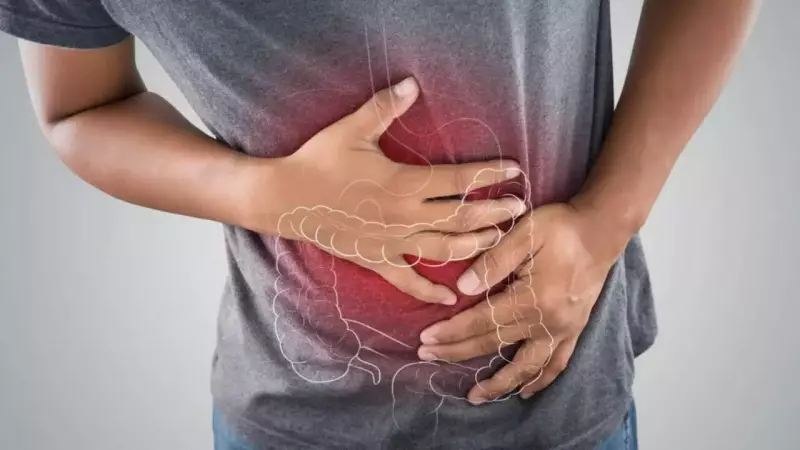
A disturbing health trend is emerging across India that demands immediate attention. Colon cancer, once considered a disease of older adults, is now striking younger populations at an alarming rate. Medical experts are sounding the alarm as hospitals report increasing cases among adults in their 30s and 40s.
The Silent Epidemic Hitting Young India
Gone are the days when colorectal cancer was solely a concern for seniors. Today's reality paints a much grimmer picture, with young professionals and parents facing diagnoses that catch them completely off guard. This shift represents one of the most significant changes in cancer patterns in recent decades.
5 Critical Facts About Early-Onset Colon Cancer
1. The Age Shift Is Real and Accelerating
Medical data reveals a steady increase in colon cancer diagnoses among adults under 50. While the exact reasons remain under investigation, lifestyle factors, dietary changes, and environmental influences are believed to play significant roles in this worrying trend.
2. Symptoms Often Get Misdiagnosed or Ignored
Younger patients frequently dismiss early warning signs, attributing them to common digestive issues or stress. Persistent changes in bowel habits, abdominal discomfort, unexplained weight loss, and blood in stool should never be ignored, regardless of age.
3. Screening Guidelines Are Changing
Many young adults assume they're too young for colon cancer screening, but medical recommendations are evolving. If you have a family history or experience persistent symptoms, don't hesitate to discuss screening options with your healthcare provider.
4. Lifestyle Factors Play a Crucial Role
Sedentary habits, processed food consumption, smoking, and excessive alcohol intake contribute significantly to colon cancer risk. The modern Indian lifestyle, with its increasing reliance on packaged foods and decreased physical activity, may be fueling this rise.
5. Early Detection Saves Lives
When caught early, colon cancer has a high survival rate. The challenge lies in recognizing symptoms promptly and seeking medical attention without delay. Young adults must become their own health advocates and take digestive symptoms seriously.
What This Means for Young Indians
The rising incidence of colon cancer in younger populations represents a public health crisis in the making. Both healthcare providers and individuals need to adjust their mindset about who is at risk for colorectal cancers.
Medical professionals are encouraged to maintain a higher index of suspicion when young patients present with gastrointestinal symptoms. Dismissing complaints as "too young for cancer" can lead to delayed diagnoses and worse outcomes.
Young adults must prioritize regular health check-ups and be vigilant about bodily changes. Understanding your family medical history and maintaining open communication with your doctor could make the difference between early detection and advanced disease.
Protecting Your Health: Practical Steps
- Schedule regular health screenings based on your risk factors
- Maintain a balanced diet rich in fiber and low in processed meats
- Stay physically active and maintain a healthy weight
- Limit alcohol consumption and avoid tobacco products
- Listen to your body and seek medical advice for persistent symptoms
The message is clear: colon cancer doesn't discriminate by age anymore. Awareness, prevention, and early action are our most powerful weapons against this growing threat to India's younger generation.





